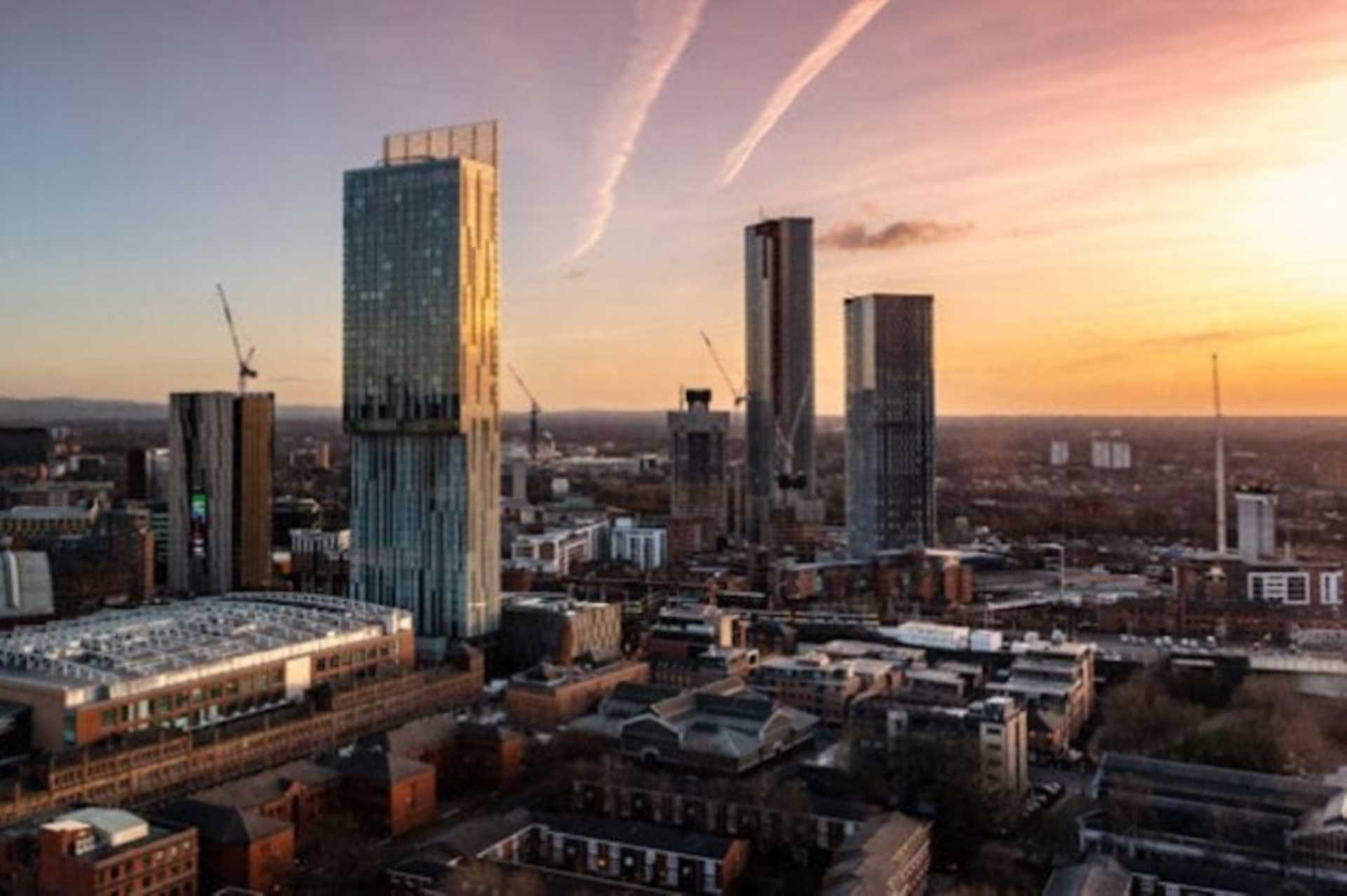
Date Published 23 February 2020
There's something of a conspiracy of silence over the problem of short lets.
That is a stark claim but many siren voices demanding regulation of buy-to-let are quiet about short lets and their contribution to a shortage of housing, especially in major cities.
I'm open to correction but there's been little from Shelter, Generation Rent or the other campaign groups suggesting that properties increasingly used for short lets diminish the stock for long-term tenants. Likewise, MPs of all parties (with notable exceptions) and the Ministry of Housing, Communities and Local Government have been surprisingly silent.
Why? I suspect there are three reasons.
The first is a simple reason but, I bet, a true one: many people, especially younger ones likely to be associated with the campaign groups, use Airbnb and similar platforms to find properties for their holidays.
Many of those same people will be long-term tenants and thus believe they are experts in that sector; but if they use short let platforms for a few nights away or gap years or stag weekends, it's unlikely they'll criticise them for fear of being exposed as hypocrites.
And full disclosure here: although definitely not in the ‘young person' category, I am using a short let for the first time this coming spring.
Now to our Parliamentarians. MPs (basic salary £79,468 before expenses) and ministers (who are entitled to an additional £22,475 to £75,440 depending on their post) are perhaps less likely to rent an Airbnb for a weekend - although I bet many do - but there is a different reason why they are silent on criticism of short lets.
Many of their constituents, especially in tourist areas or major cities, will let a room or house for a few hundred pounds; while buy-to-let landlords have been demonised in recent years and are thus a popular target for MPs' criticisms, those same MPs are reluctant to have a pop at ‘ordinary people' for fear of losing votes and looking mean spirited.
Now for the third reason why there's relative silence over problems created by short lets - and it's the biggest and most complicated: we still have little idea how big the problem is.
Long-term rentals can be identified very precisely: they are picked up in the Census, through council tax and council licensing, and are often almost visually identifiable. As a consequence, we have a very precise idea of the scale of the private rental sector.
But short lets are difficult if not impossible to identify.
Look at what's happened in the Republic of Ireland, for example, where Dublin city council has just started a registration scheme. As of mid-February, only 249 owners have come forward to register although there are 7,218 city properties registered with Airbnb alone, not counting the other short-let platforms.
In London it's the same problem: Camden council says that based on its analysis of online advertising, almost half of the 7,100 short let properties available in its patch last year exceeded the legal 90-night allowance. The council wants to take action against offenders but it cannot identify the property addresses and so cannot identify the owners.
Dublin council has a short lets monitoring team of 11; Camden council is implementing a system of working with residents who live near short lets to try to get them to identify properties.
Both authorities are up against an unregulated world operating with none of the controls those same councils impose on legitimate long-term landlords.
So what to do?
Here's a radical solution: why doesn't government give local authorities the powers to make any short let illegal in certain areas?
It's a draconian suggestion but if local residents are bedevilled by anti-social behaviour associated with short let parties, why not designate a series of streets where short-term lets are not allowed?
If a council feels the scale of short letting in a neighbourhood is such that it's reducing stock for long-term tenancies, why not ban those short lets in that area?
The councils could be obliged to have government backing, as they require now for some landlord licensing schemes for example.
That way, enforcement would be easier: short let platforms would know they could not accept advertising for properties in the ‘banned' areas, and owners and short let tenants alike would know they were acting illegally by advertising or renting them.
Such action, however, would mean that the conspiracy of silence would have to be broken: if we're serious about resolving the housing shortage, isn't that a price worth paying?
[source: Estate Agent Today]